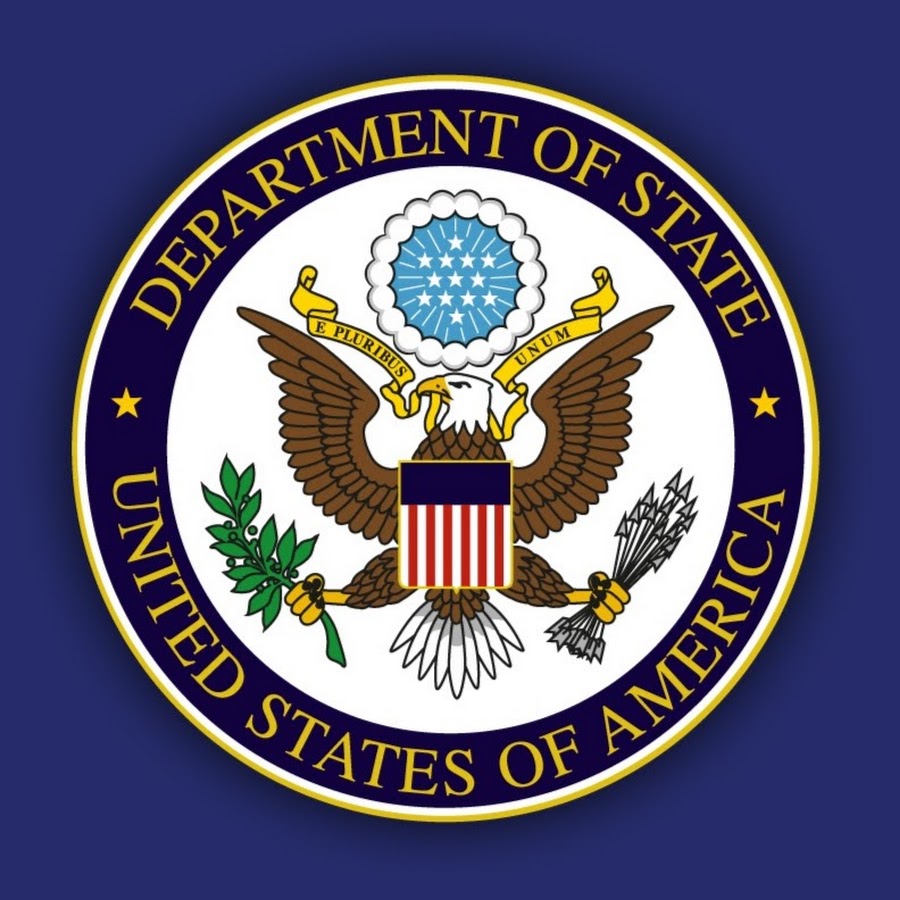Home News Govt denies influencing Judiciary as US asserts
Government’s Chief Legal Advisor, Attorney General and Legal Affairs Minister, Basil Williams, has denied a recent US State Department report which raised concerns about Guyana’s legal system.
The US State Department’s Bureau of Economic and Business Affairs in its Investment Climate Statements for 2018, expressed concerns that the lines in the separation of power appeared blurred when it comes to the Executive and the Judiciary in Guyana.
However, AG Williams rejected this finding.
“I don’t agree with that. We don’t influence the courts. We don’t interfere with the courts; the courts rule against us a lot of times so I don’t know how they can arrive at a statement like that,” Williams contended.
The State Department’s Investment Climate analysis on Guyana states that the Executive appears, in practice, to have some influence over the judicial branch.
“Though the Constitution of Guyana provides for the independence of the Judiciary, in practice, the Executive has some influence over the judicial branch of the Government. The hearing of civil matters is a slow process and many perceive it to be unfair,” the report states.
It went on to acknowledge that the judicial system is generally perceived to be slow and ineffective in enforcing legal contracts.
“Suspected corrupt practices and long delays make the courts an unattractive option for settling investment or contractual disputes, particularly for foreign investors unfamiliar with Guyana. In order to redress this obstacle to investment, the [Government of Guyana] GoG, with support from the Inter-American Development Bank (IDB), established a Commercial Court in June 2006.”
However, the US 2018 Investment Climate Statement did point out that there are no known examples of Executive interference in the court system that has adversely affected foreign investors. Nevertheless, it advises that given Guyana’s growth potential and the burgeoning oil and gas sector, there is need for expansion and strengthened capacity-building efforts to be made in the near future.
According to the report, sufficient legislation exists in Guyana to support foreign investment in the country. The problem, the report notes, is the implementation of relevant legislation, which it said continues to be inadequate.
Only recently, newly-accredited US Ambassador to Guyana, Sarah-Ann Lynch, said Guyana can do better in terms of the way business is done here, especially with the country on the cusp of becoming an oil-producing nation.
Over the years, Guyana has been ranking low on the ease of doing business indices. In fact, the most recent report from the World Bank last November showed that there was a decline in investors’ confidence here. The World Bank’s 2018 Report rated Guyana at 134 among 190 economies in the ease of doing business, eight places down from 2017’s global ranking of 126.
Ambassador Lynch told a group of local journalists during an interview earlier this month that coming out of the engagements with the Private Sector-stakeholder bodies here since her arrival, is the need for Guyana to provide a more conducive environment to do business.
“On the surface, there is some thought that Guyana could do a bit better on easing the way of doing business. So in other words, allowing businesses to start up quicker, faster and making the regulations less bureaucratic so that there are more opportunities for more businesses to get up and going quicker,” she asserted.
This, the US diplomat explained, would create an enabling environment not just for huge companies such as ExxonMobil – the US oil giant preparing for production early next year having discovered in excess of 5.5 billion barrels of oil offshore Guyana – but for smaller companies as well to thrive and develop with the potential to create jobs in the long run.
The ambassador pointed out that generally, the Private Sector in any country, usually wants stability and predictability.
“In my experience, the thing what most Private Sector want is stability and predictability so they can do their business… So those are very specific areas [and] I think it’s something that Guyana should want and make sure that they do continue to make improvements and get a handle on [that], so that trade and investments can thrive here and I think that there is a great possibility that they can do that,” Ambassador Lynch had stated.
